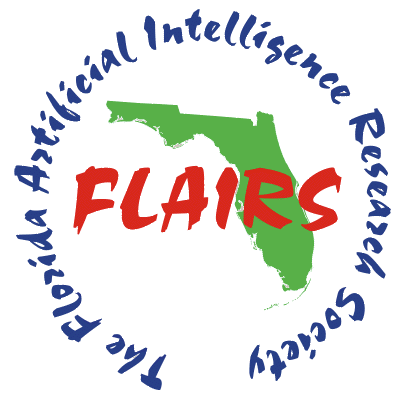STrXL: Approximating Permutation Invariance/Equivariance to Model Arbitrary Cardinality Sets
DOI:
https://doi.org/10.32473/flairs.37.1.135568Abstract
Current deep-learning techniques for processing sets are limited to a fixed cardinality, causing a steep increase in computational complexity when the set is large. To address this, we have taken techniques used to model long-term dependencies from natural language processing and combined them with the permutation equivariant architecture, Set Transformer (STr). The result is Set Transformer XL (STrXL), a novel deep learning model capable of extending to sets of arbitrary cardinality given fixed computing resources. STrXL's extension capability lies in its recurrent architecture. Rather than processing the entire set at once, STrXL processes only a portion of the set at a time and uses a memory mechanism to provide additional input from the past. STrXL is particularly applicable to processing sets of high-throughput sequencing (HTS) samples of DNA sequences as their set sizes can range into hundreds of thousands. When tasked with classifying HTS prairie soil samples and MNIST digits, results show that STrXL exhibits an expected memory size-accuracy trade-off that scales proportionally with the complexity of downstream tasks, but, unlike STr, is capable of generalizing to sets of arbitrary cardinality.
Downloads
Published
How to Cite
Issue
Section
License
Copyright (c) 2024 Kendra Givens, David Ludwig, Joshua Phillips

This work is licensed under a Creative Commons Attribution-NonCommercial 4.0 International License.


